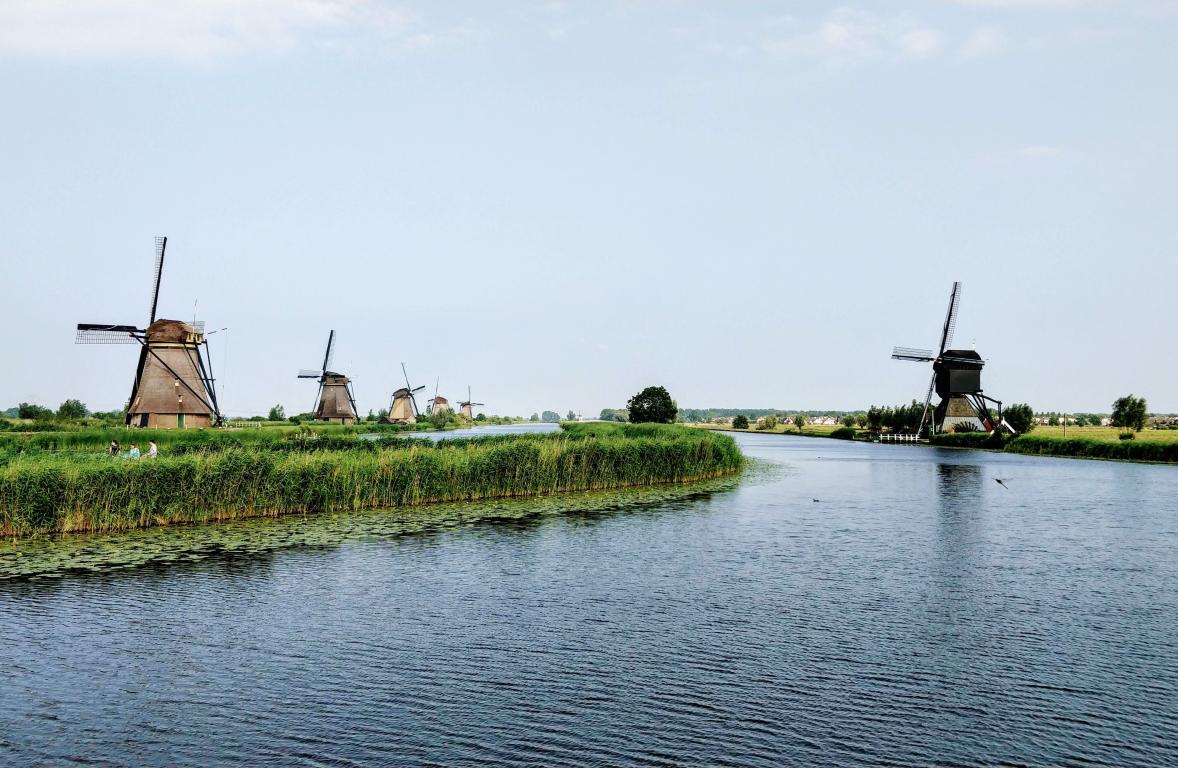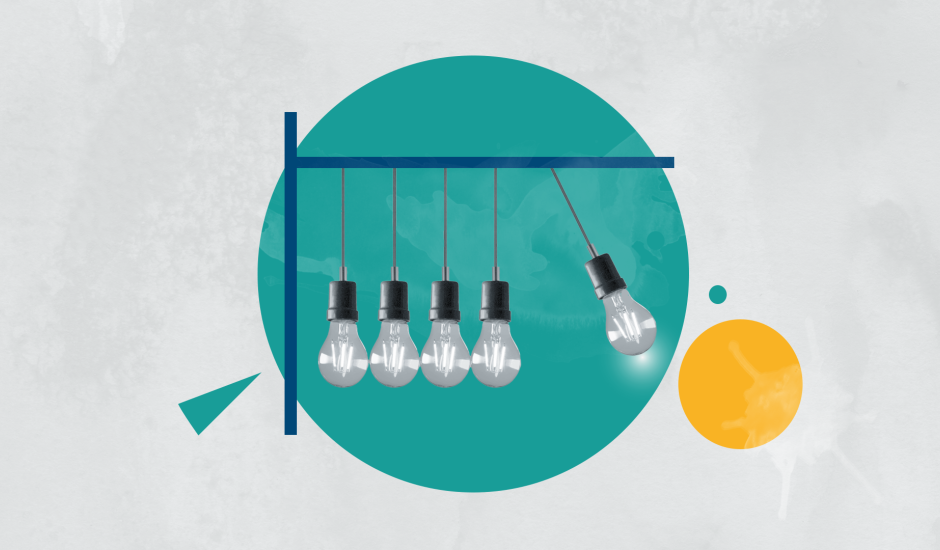Action for Civic Space
We are facing global challenges related to climate change, armed conflict or social inequalities. Many people have been forced to flee their homes. Many still live in poverty, face inequality and lack access to essential social and health services. CSOs are at the forefront of addressing these challenges more than ever before. They do not only protect fundamental rights but also provide services to the most vulnerable and help achieve the sustainable development goals. In order for civil society to be able to do so, it is important that they operate in a progressive legal environment, which enables them to be independent and financially sustainable, have strong governance, engage in policy-making and mobilise public support.
While in many countries the space for CSOs is closing, positive change is possible and can serve as an inspiration. Civil society has shown solidarity, resilience and response that need to be amplified across the European continent and beyond.
Moldova: In July 2020, Moldova adopted a new Law on Noncommercial Organizations after a 5-year-long process. Despite all the attempts to introduce limitations on CSO activities during the drafting and adoption process, the adopted law is in line with international freedom of association standards and will improve CSOs' operating environment.
Kosovo: Kosovo adopted a new, progressive NGO Law in 2019. This law is a remarkable example of persistent effort of CSOs, diplomatic community and experts to ensure an enabling environment for CSOs – an important development when civic space is closing globally. While the initial draft law had restrictive provisions, over 300 Kosovar CSOs joined efforts and successfully advocated for their withdrawal. ECNL supported the local partners by sharing arguments, international examples and facilitating dialogue with the state. One partner wrote “All inputs were built in partnership with the ECNL,one of the key expertise institutions in this field in Europe and beyond."
Legal expertise
- Ukraine: In March 2021, CSOs managed to push back against attempts to limit their right to participation. ECNL supported partners' efforts with providing legal analysis and arguments against the restrictive drafts.
- Cyprus: In July 2017 the Parliament of Cyprus approved a new Law on Associations and Foundations that improves the regulation of CSOs in Cyprus. ECNL supported the process through various ways: we prepared an assessment of the legal framework for CSOs in Cyprus; submitted comments to the draft laws; met with key stakeholders and provided expertise to local CSOs.
- Netherlands: In December 2018, the Dutch Ministry for Legal Protection published a draft Act on Transparency of CSOs and opened it for consultations. The draft Act requires all CSOs to publish overviews of donations that amount to or exceed 15,000 EUR a year. ECNL submitted detailed comments on the bill, which was developed in close cooperation with Dutch law experts and CSOs, including HSC, DAFNE/EFC and DPSM.
Research and awareness on emerging issues
- AI debate in Ukraine: ECNL launched discussions with Ukrainian partners on the impact of AI on freedom of expression, and how CSOs can take part in ongoing regulatory processes.
- Public participation for climate activists: Our paper on how government restrictions restrain meaningful participation in decision-making processes on climate and environmental issues.
- Climate change briefer: The briefer by ECNL and ICNL outlines some of the common measures used to target civil society actors working on climate justice.
Expertise for strategic advocacy, litigation and training
- How to Use EU Law to protect Civic Space: “The Handbook is a guide that should empower civil society groups across the European Union to make the best use possible of the resources of EU law to protect the civic space. This fills a gap. And, unfortunately, it responds to a real need.” (From the Foreword to Handbook, Olivier de Schutter, UN SR on extreme poverty and human rights)
Guidance for registration
- The Handbook on Registering a Civil Society Organization: Volume 1 and 2 provides comparative information for those that wish to set up an organisation at home or in another country, or to compare conditions for incorporation and operation between countries. It now covers 17 selected countries with each country note broken down into thematic subsections.
Promoting good governance
- Handbook on Good Governance: The Handbook addresses the governance challenges NGOs face, published by ECNL in cooperation with the CEE Working Group on NGO Governance and the Trust for Civil Society in CEE.
- ECNL Study on Transparency and Accountability of NPOs in the EU: The Study considers measures to improve NPO transparency and accountability in the overall context of international and European initiatives to address the risk of NPOs being used as a conduit for terrorist financing.
- Trust Mark: ECNL supported Association Konekt in North Macedonia to develop the Trust Mark as a self-regulatory system that aims to make it easier for individuals and companies to choose the trusted CSOs to which they can donate. The mark is obtained through a carefully created process and criteria for transparency, accountability, results of work, compliance with legislation.
- News article and video quoting Ms. Katerina Hadzi-Miceva Evans at the EEA/Norway grants event on Opportunities for NGOs to foster stable democracies, March 2014.
- Video interview with Ms. Katerina Hadzi-Miceva-Evans on ECNL's Regional Report on CSO-Public Institution Cooperation in the Western Balkans, published under the EU-funded Technical Assistance to Civil Society Organisations (TACSO) project (2013).
- IPN News Agency interview with ECNL's experts, Ms. Hanna Asipovich and Ms. Eszter Hartay on enabling legal environment and long-term sustainability of CSOs in Moldova (2013).
- Advocacy in Restricted Spaces: A Toolkit for Civil Society
Freedom House, 2020
- Effective Donor Responses
ICNL, 2018

ECNL connects global policy work to the Dutch context and working with Dutch partners to inform European policies. Find out more about our work here.
